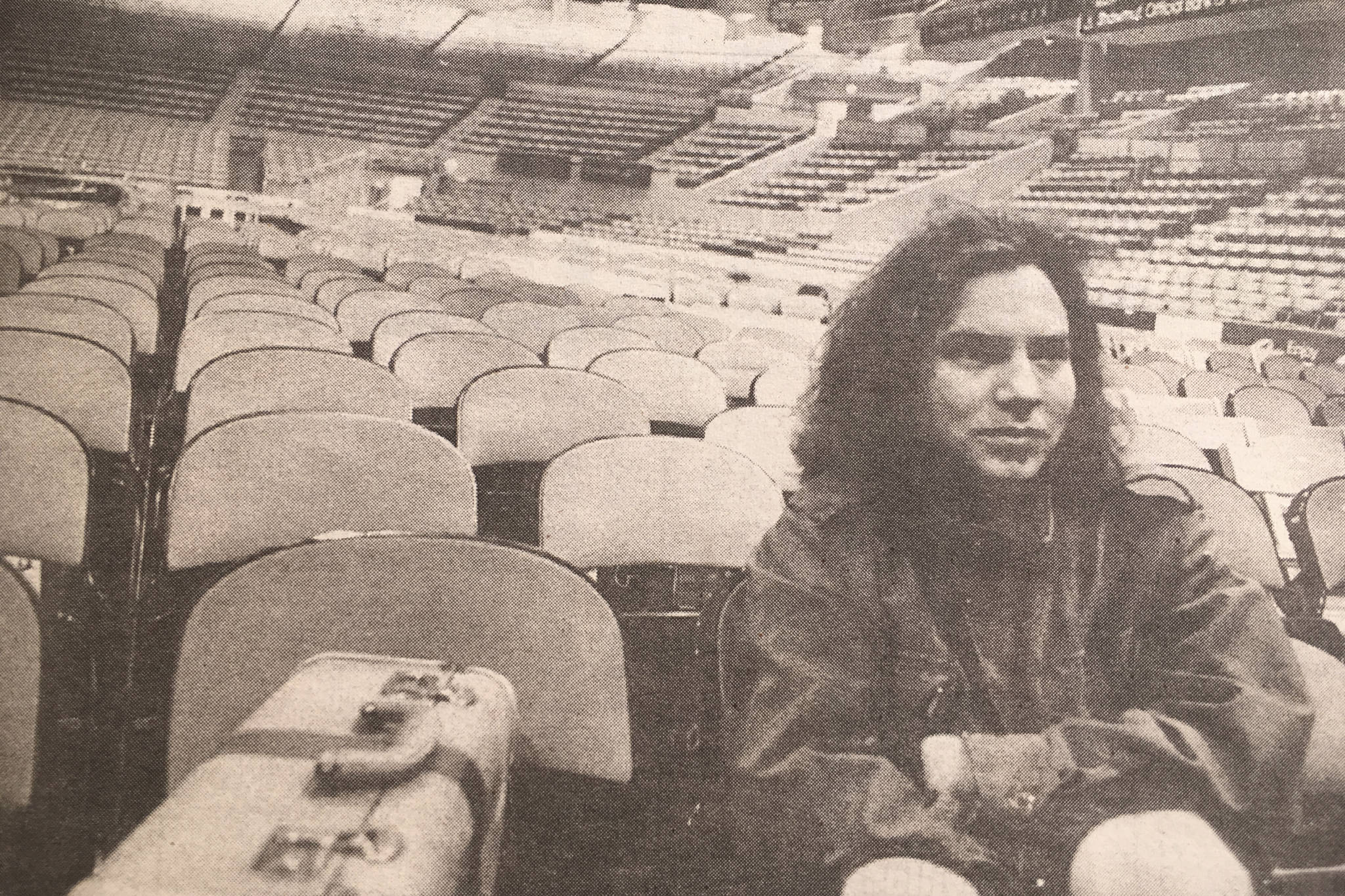It is now possible to pause live television. The implications, in terms of physics and philosophy, of such an advance are too momentous for me to consider here, so I will concentrate instead on the device that makes it happen.
There is now available, at Sears outlets, a box made by electronics giant Phillips that is called a “personal TV receiver.” Buy this box for either $499 or $999, then sign up at www.tivo.com for the “TiVo Personal TV Service” ($199 for the lifetime of your box, or $9.95 per month), and you will find in short order that television will never be the same again.
The TiVo box contains a power PC, a hard drive, some ROM, and an MPEG 2 chipset, with the whole arrangement running on some flavor of Linux. It could best be described as a digital VCR with some added artificial intelligence thrown in. When you first hook up your TiVo—it sits between your television and your antenna, cable, or DirectTV connection—it takes you through a brief series of steps (wanting to know, among other things, who your cable provider is), then dials up TiVo central and downloads the next two weeks’ worth of TV programming. You then have a variety of ways to search and browse through the programs, selecting which programs you want TiVo to record for you.
More interesting, though, is TiVo’s careful attention to your viewing habits. Using the TiVo remote, all you have to do to signal approval of a given program is click the “thumbs up” button (there’s also a “thumbs down” button), and TiVo will automatically record all subsequent airings of the series, being careful not to record reruns.
Most interesting is the remote’s pause button. Get a telephone call in the middle of Dawson’s Creek, click “pause,” and you can return to resume watching at exactly the point where you left off, as TiVo has been recording on its hard drive from the moment you “paused” the broadcast.
The fact that TiVo records on a hard drive rather than videotape makes searching faster and easier, which in turn makes it easier to avoid commercials (one friend, who recently purchased TiVo, says that the technology makes it possible to record all programming commercial-free, but that TiVo would never dare do that for fear of alienating TV networks).
Here’s an odd thing, though: TiVo is a computer. It may look and in many ways behave like a television when you’re using it, but it is a computer. And computers crash. This can be as profoundly disorienting as the ability to pause live television. My friend called me two weeks after installing TiVo, which had already, he said, “changed his life,” and told me that it had crashed and that he had to “reboot” it by unplugging the box, waiting 15 seconds, then plugging it back in again. “It is really, really weird,” he said, “watching your television reboot.”
Fred Moody is the Managing Editor at ‘Seattle Weekly.’







